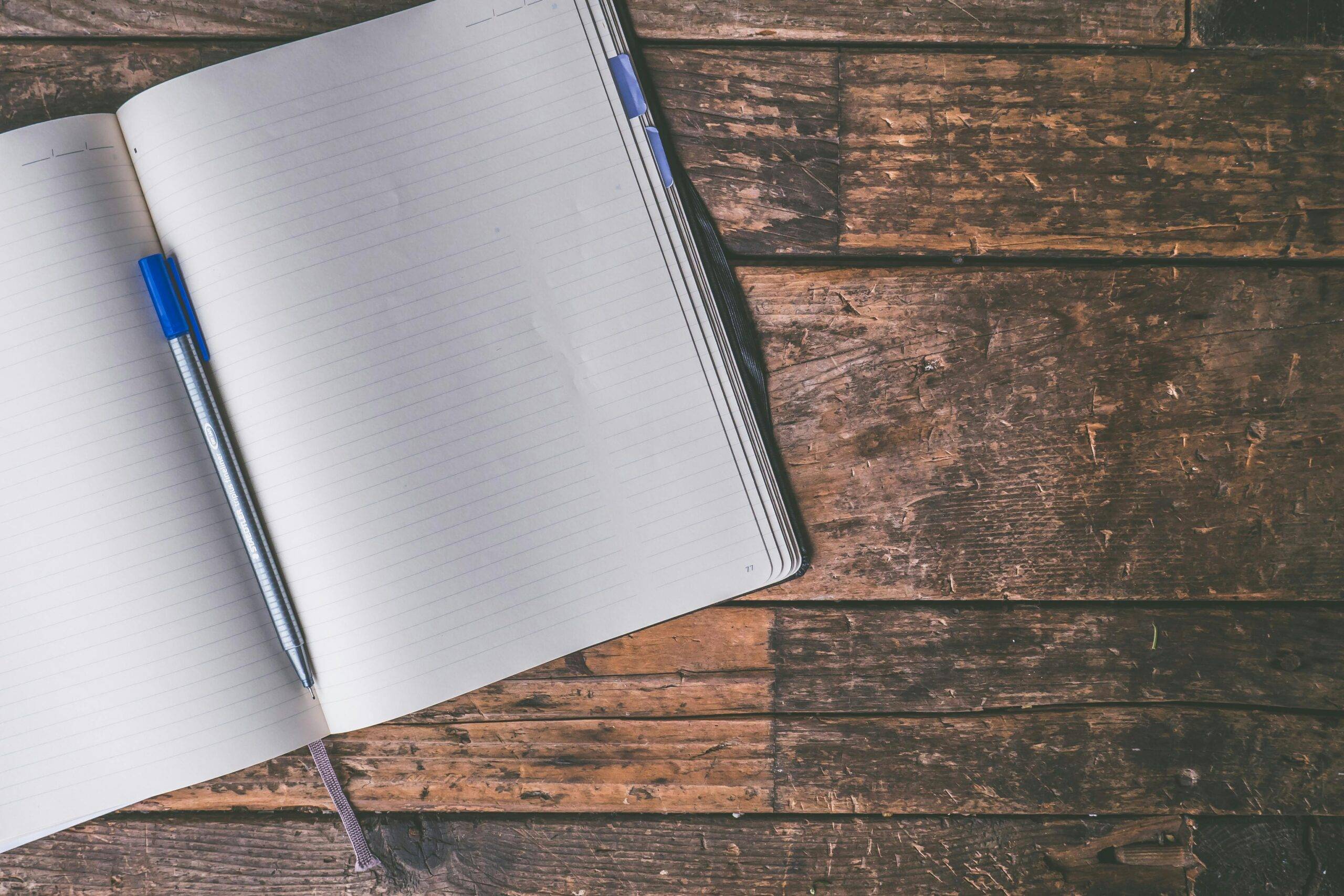There are many benefits to keeping a practice journal. Students go to their music lessons, and the teacher writes notes for things to remember and practice during the week; these are lesson notes; what is a practice journal?
A practice journal is where you keep track of your daily practice, write down what you worked on, set your daily or weekly goals and how you plan to achieve them, and any reflections you may have about your practice session. After all, it’s your journal; you can write whatever you like.
Let’s look at some things you may include in your practice journal and how keeping a journal can benefit you. If you’re taking piano lessons, you most likely are working on finger exercises, studies, sight reading, ear training, repertoire, and possibly even some music theory.
Your section on piano technique should include scales, chords and other finger exercises. In this section, keep track of the exercises you’ve been working on, how much time you spent working on them, the tempo at which you’re playing the exercises, and comment on what you find easy or challenging about the exercises you’re playing.
The Royal Conservatory of Music considers studies and etudes under the technique category since each study/etude focuses on a particular playing technique. For this section, you may want to include notes about what tempo you’re playing the piece at and what you find easy about the piece or are struggling with. Perhaps you can comment on which studies or etudes you like and why.
It’s a good idea to do a little sight reading each day, which means reading through a lot of music. A practice journal is a great place to keep track of the material you’re using to practice sight reading, the time you spend sight reading, the styles of music or composers you consider easy to read, and which ones you find more challenging.
Ear training can be challenging if you’re practicing alone, as you can’t play the ear training question on the piano without knowing the answer. If you’re studying with someone, you can keep track of what questions they’re asking and keep track of the difficulties you’re having with certain types of questions. If you’re practicing by yourself, your practice journal is a great place to write down what resources you’re using during your practice session.
People probably spend most of their weekly practice time on repertoire. This section of your journal is perfect for writing exciting facts about the piece’s composer, what you especially like or dislike about it, and any comments on any changes you wish to make to your performance to make it your best performance yet. Write whatever you want in this section, from setting goals to executing a plan for your daily practice.
Keeping a practice journal helps you stay organized, focus on your goals, and provide a written record of your progress throughout your practice sessions and your entire time learning the instrument you love. You can also check out my post on Fun with Music Lessons here to learn to incorporate technology into your practice sessions. Have fun practicing.







